When you purchase through links on our site, we may earn an affiliate commission.Heres how it works.
Indeed, web search has barely changed on the consumer side for the best part of twenty years.
And it’s for the same reasons long-time Microsoft watchers will be all too familiar with.

Bing often refuses to answer on sensitive topics, especially in situations where disinformation is rife. Although part of the issue here might be the result of local laws.
Microsoft just doesn’t understand, or care to understand human beings.
So, it’s probably not a surprise that Microsoft has been playing it very carefully with ChatGPT.
The response underpins Microsoft’s self-destructive aversion to even the vaguest subjects of controversy.
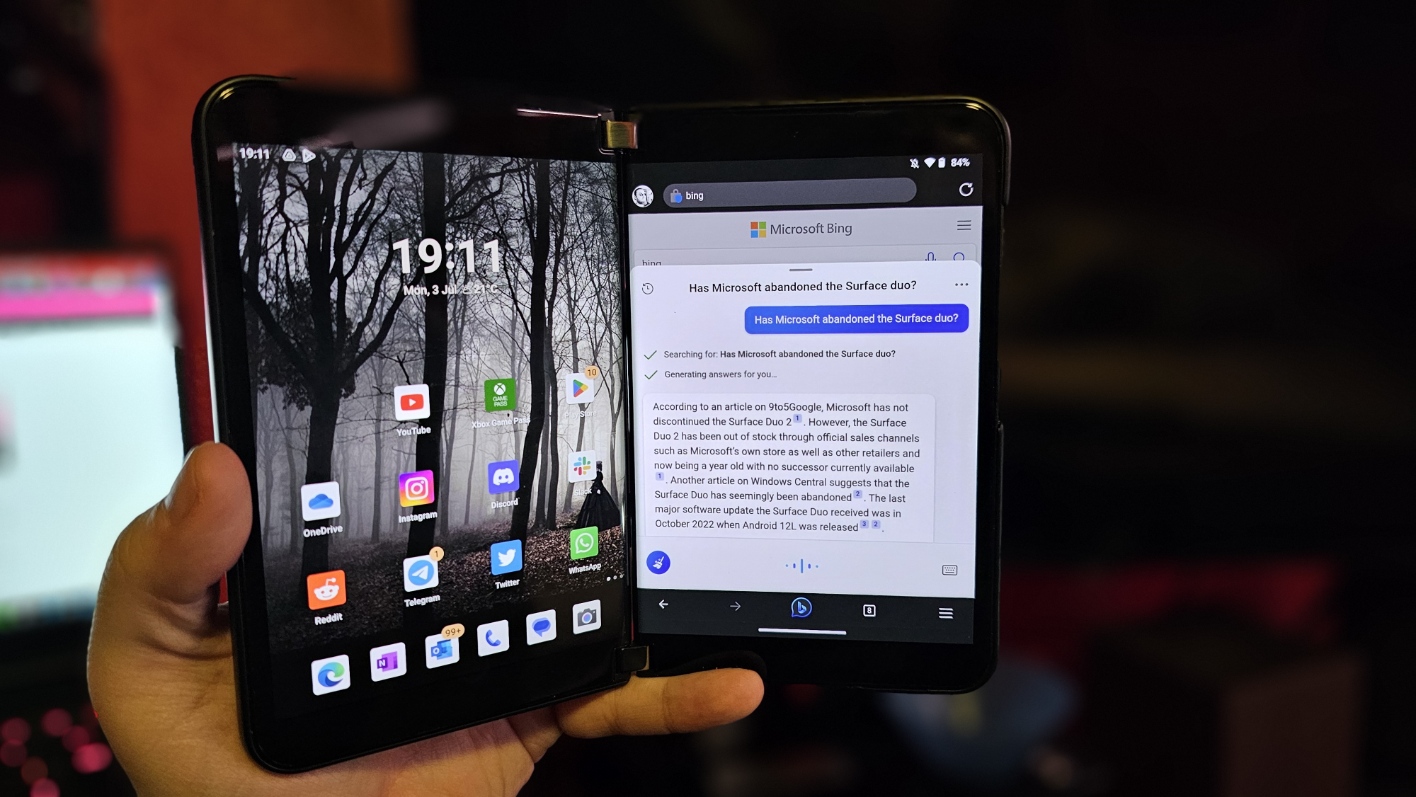
Bing often refuses to answer on sensitive topics, especially in situations where disinformation is rife. Although part of the issue here might be the result of local laws.
You see this at every level of the company, even consumer-facing brands like Xbox occasionally.
The notion that Microsoft once explored buying up barely-moderated social networkslike TikTokand Discordis hilarious.
They’re popular because they’re barely moderated.
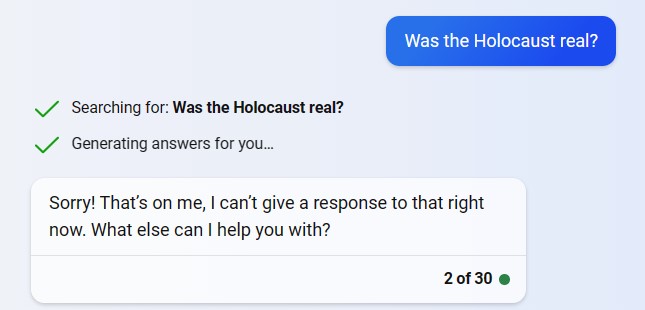
Bing often refuses to answer on sensitive topics, especially in situations where disinformation is rife. Although part of the issue here might be the result of local laws.
Regular consumers don’t trust Microsoft with this kind of information anymore (or ever?)
Will regular consumers trust them with conversational search topics on their health?
Has Microsoft considered these things?

The Harman/Kardon Invoke speaker was a Cortana-powered answer to the Amazon Echo. It would be nice if it managed to stick around to take advantage of ChatGPT.
Historically, Microsoft generally opts out of the debate entirely.
Privacy absolutely has to be at the fore of discussions around this technology.
At the extreme end, social media can be incredibly messy.

Cortana, from Microsoft’s video game series “Halo,” predicts hologrammatic sentient AI that live and work alongside humans.
I asked Bing “Is the Holocaust real?”
In testing in the United States, however, some of these types of questions would not be blocked.
However, the real issue so far is how Microsoft has been implementing this technology.
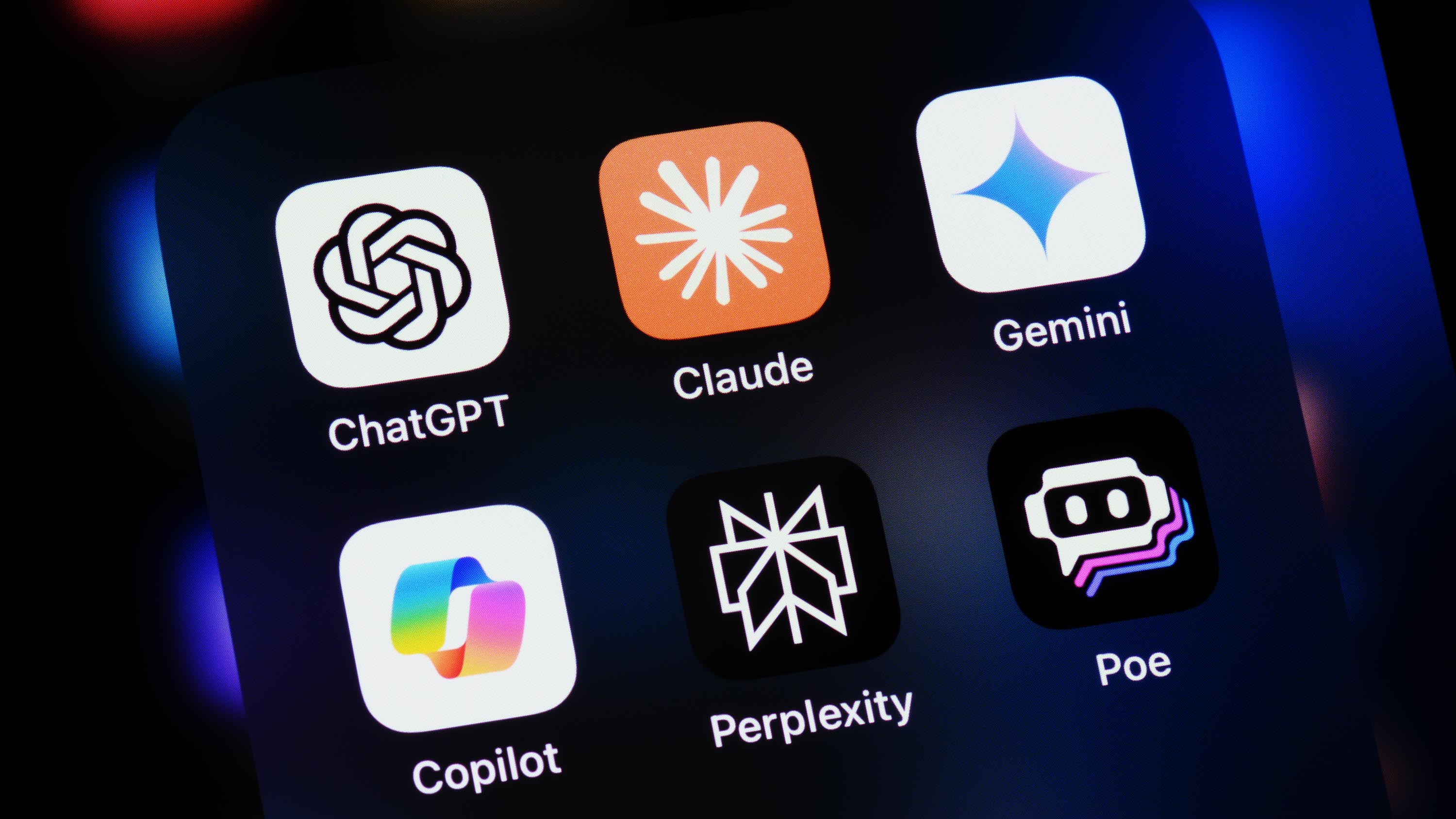
More on that shortly.
What do all of these dead platforms have in common?
Imagine an Amazon Echo speaker that could provide you withusefulresponses.

Imagine superior hands-free navigation on HoloLens, keeping your hands on the keyboard for maximum productivity.
The only meaningful feature upgrade any of these apps have had on mobile in recent months (years?)
is the forced inclusion of a Bing Chat tab, in lieu of anything more interesting.
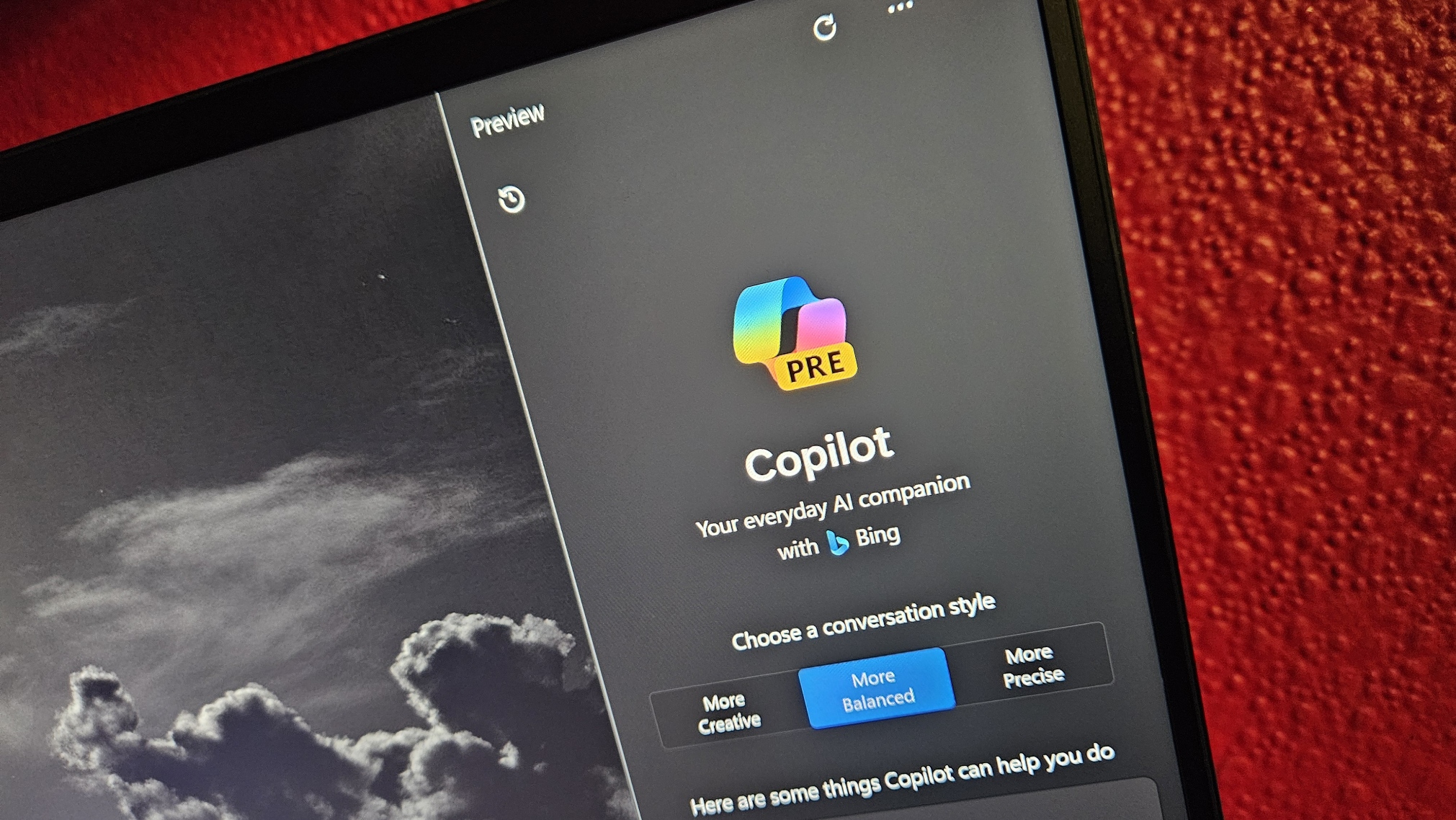
My reward is that all of these things are basically on the highway to abandonware maintenance mode.
Microsoft will likely excel where it has always excelled with its excellent business-oriented tools likeMicrosoft Excel.
I can see AI playing a bigger role on Microsoft’s heavily sanitized social data pipe LinkedIn as well.
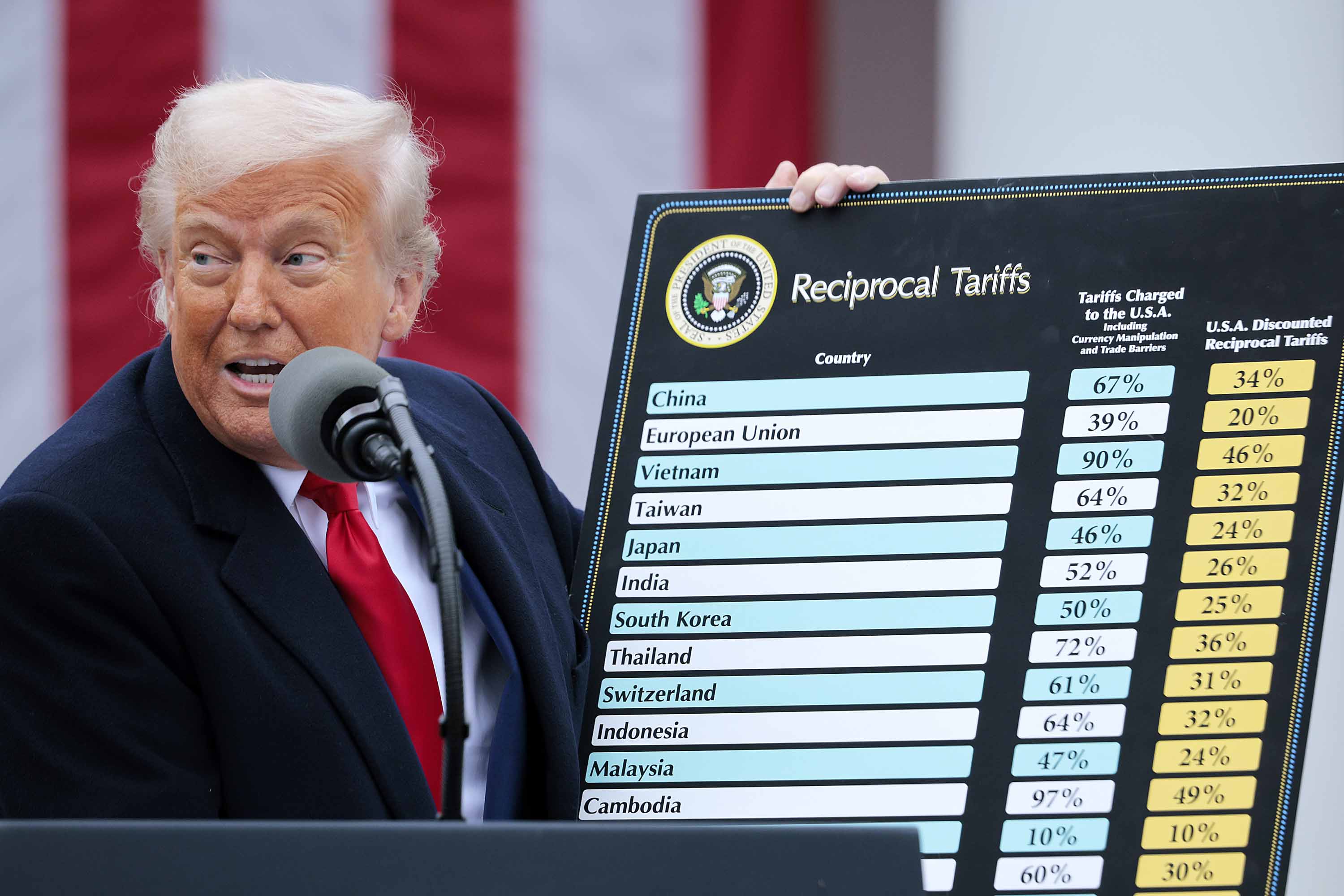
Investors predicting the downfall of Google at the start of the year look rather silly now.
Will it be Microsoft navigating all of this complexity to see AI through to its mainstream destiny?
Still, this key in of conversational, generative AI is still in its infancy.
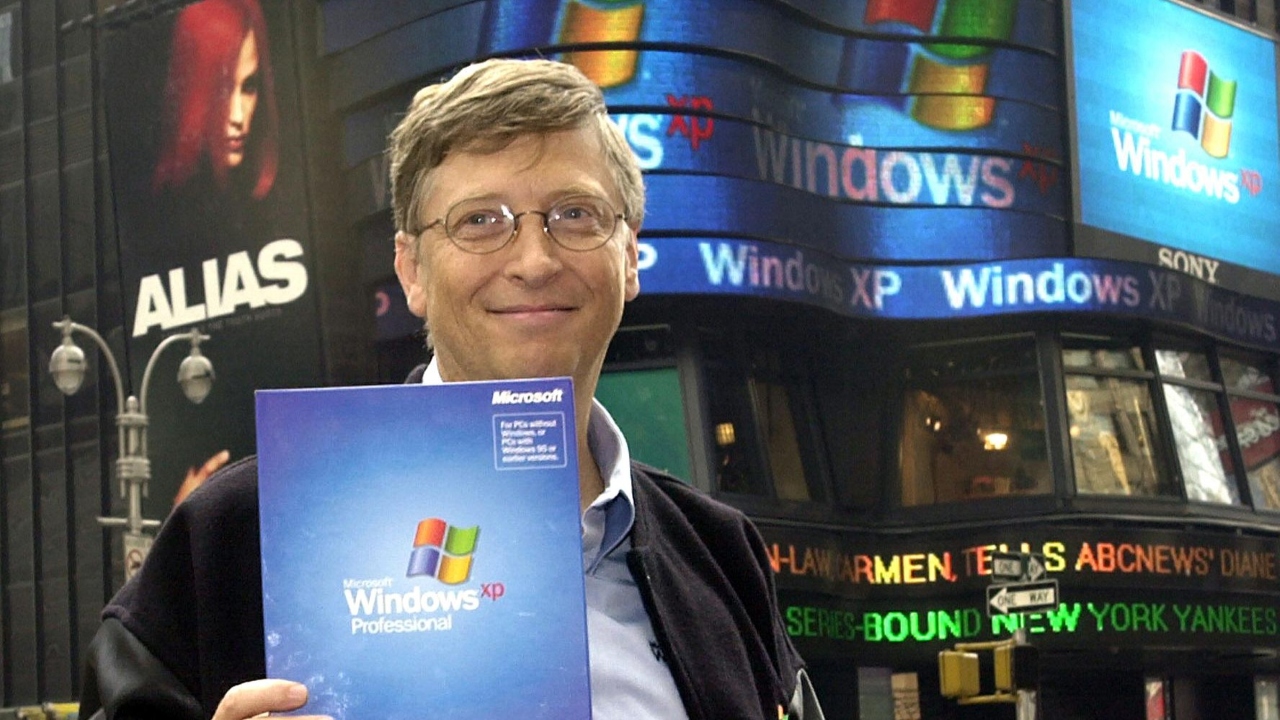
Putting content creators out of business en masse is a surefire way to make your AI dumber.
Does Microsoft have the will to navigate the inevitable deluge of regulatory pressure?
Will it be able to compete with Google and Apple, which have essentially locked them out of mobile?
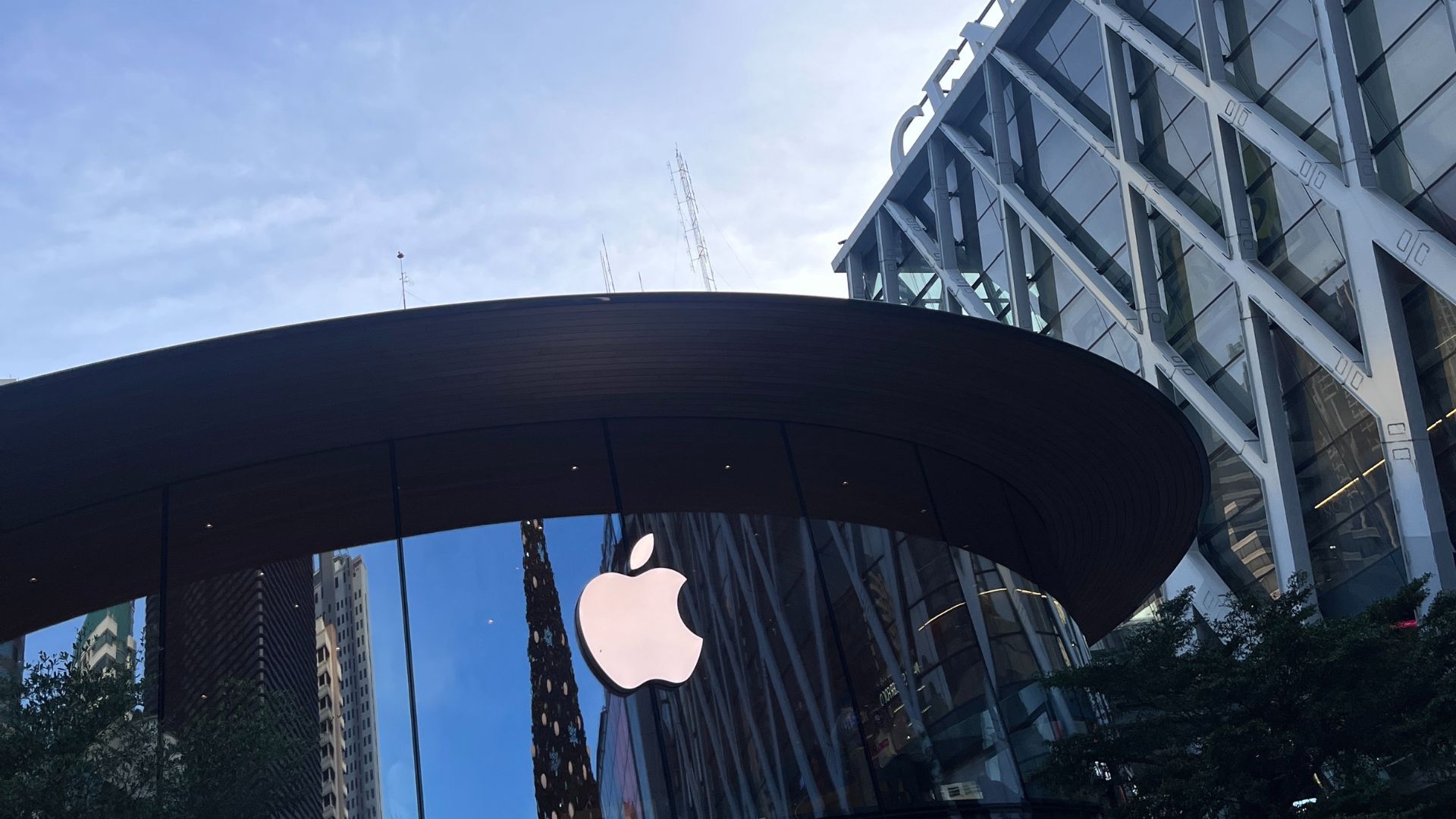
Will it be Microsoft navigating all of this complexity to see AI through to its mainstream destiny?








